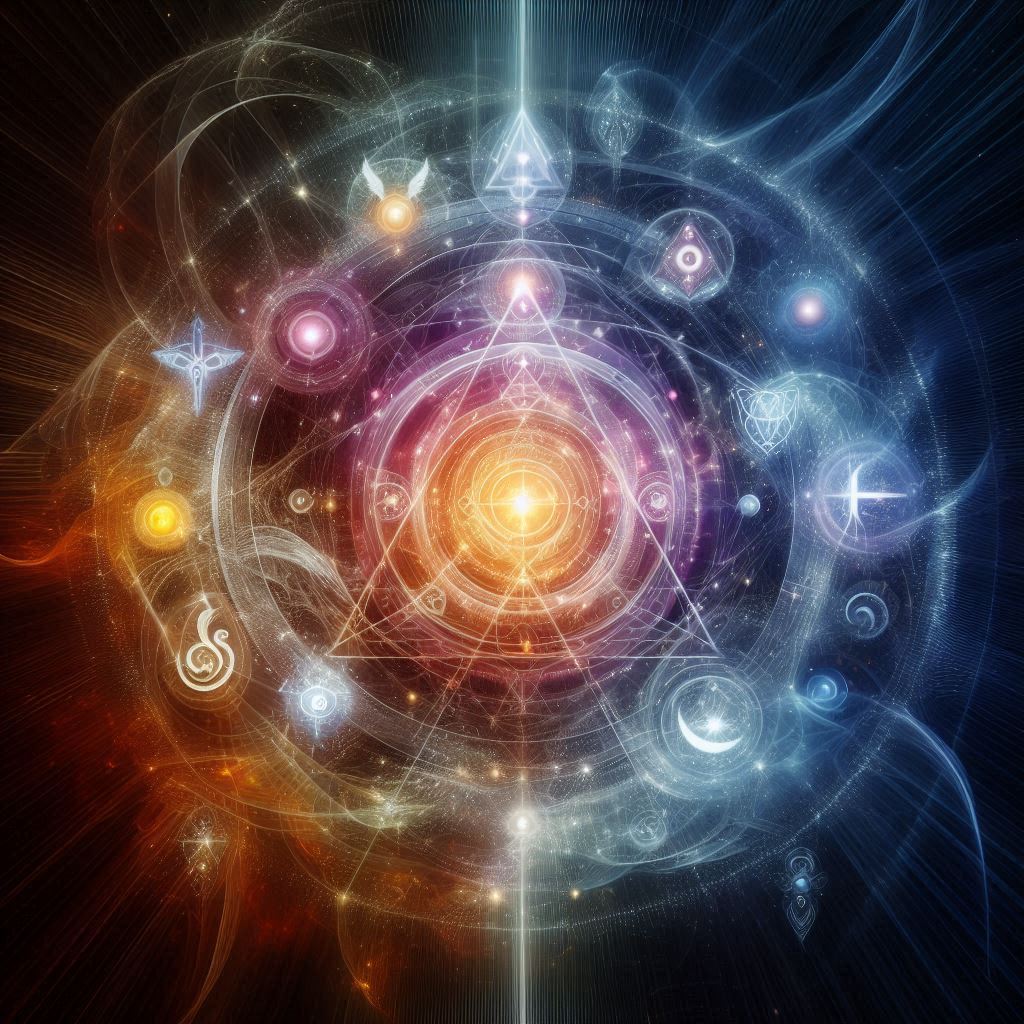The Paradox of One God, Many Conflicts: A Holy Kuljam Swaroop* Perspective
The Holy Kuljam Swaroop acknowledges that all scriptures speak of one Supreme Truth God. Yet, people fight in His Name. Here’s the explanation:
*Note: The Holy Kuljam Swaroop is the Ultimate revealed Wisdom of the Supreme Lord who came down some 440 years back as per the attestations in various scriptures and established a Universal Order called ‘Nijanand Order’.
Why the Fight When We Speak of One God?
The Central Question:
While most scriptures point to a single Supreme God, why do people continue to fight in His Name?
The Holy Kuljam Swaroop (KS) Responds:
Jude jude naame gavhi, jude jude bhekh anek |
Jin koi jagdo aap mein, dhani sabon ka eak ||
– (KS, Sindhi: 41-72)
People sing praises in different names,
Adopt various attires, diverse in aims.
Those who fight amongst themselves fail to see,
That the Supreme Lord is of all.
Jaat eak khuda ki, aur na koi jaat |
Eak khuda, ek duniya, aur uad gayi duji baat ||
– (KS, Sindhi: 36-17)
There’s but one God for all humanity’s lot,
There is no division in the creed, just one universal slot.
One God, one world, let all else fade away,
Unity, not discord, should hold sway.
There is only one God and no other. One God, one world, and anything beyond that is mere talk.
There can only be one true reality: a world united in understanding this singular God. Disputes about different human philosophies are ultimately meaningless. Nevertheless, such people who spend their lives without building a relationship with God are doomed to feel alone at the time of death.
The Essence:
The Holy Kuljam Swaroop emphasises that the essence of faith lies not in division but in recognising God’s oneness. Our diverse names, customs, and rituals are mere variations within that unity. The goal is a harmonious world where all people recognise themselves as part of the same human race under the one Supreme God.
The message underscores that the Supreme Truth God transcends all boundaries and affiliations. Human divisions arise merely from different appellations and practices. A united, harmonious world can only emerge when humanity recognises its shared essence and dispels all other divisive philosophies.
Rethinking Good Lives and God
Humanists and various other advocates espouse the idea of leading a fulfilling, morally upright life without the necessity of belief in a divine being. They argue that wisdom and productivity can be achieved through human efforts alone. They emphasise reason, compassion, and self-improvement as the drivers of a fulfilling life. However, individuals who live without cultivating a relationship with a higher power may ultimately experience a sense of isolation and emptiness as they approach death.
Furthermore, if one subscribes to the belief in God, one would contemplate the various aspects of the divine, including God’s manifestations, activities, and celestial abode. Just as humans possess physical form, worldly pleasures, and a place of residence, it is reasoned that God, too, must possess analogous attributes, albeit in a transcendent, non-material form.
The Many Faces of God:
In contemporary times, the concept of God is subject to diverse interpretations, with individuals attributing varied meanings to the term. Throughout history, society has acknowledged numerous notable figures as divine beings. However, the designation of someone as God carries multifaceted implications. These interpretations frequently diverge significantly, reflecting contrasting perspectives on the nature of divinity. Consequently, our understanding of God often stands in stark contrast to the perceptions held by others.
The concept of God is a source of great debate. People define it in vastly different ways, sometimes even contradicting each other. Historically, some cultures have even elevated great figures to the status of gods.
What Does “God” Really Mean?
This raises the question: What are we truly trying to convey when we say someone is God? Is it about ultimate power, wisdom, or goodness? Our personal ideas about God can differ greatly from those around us.





